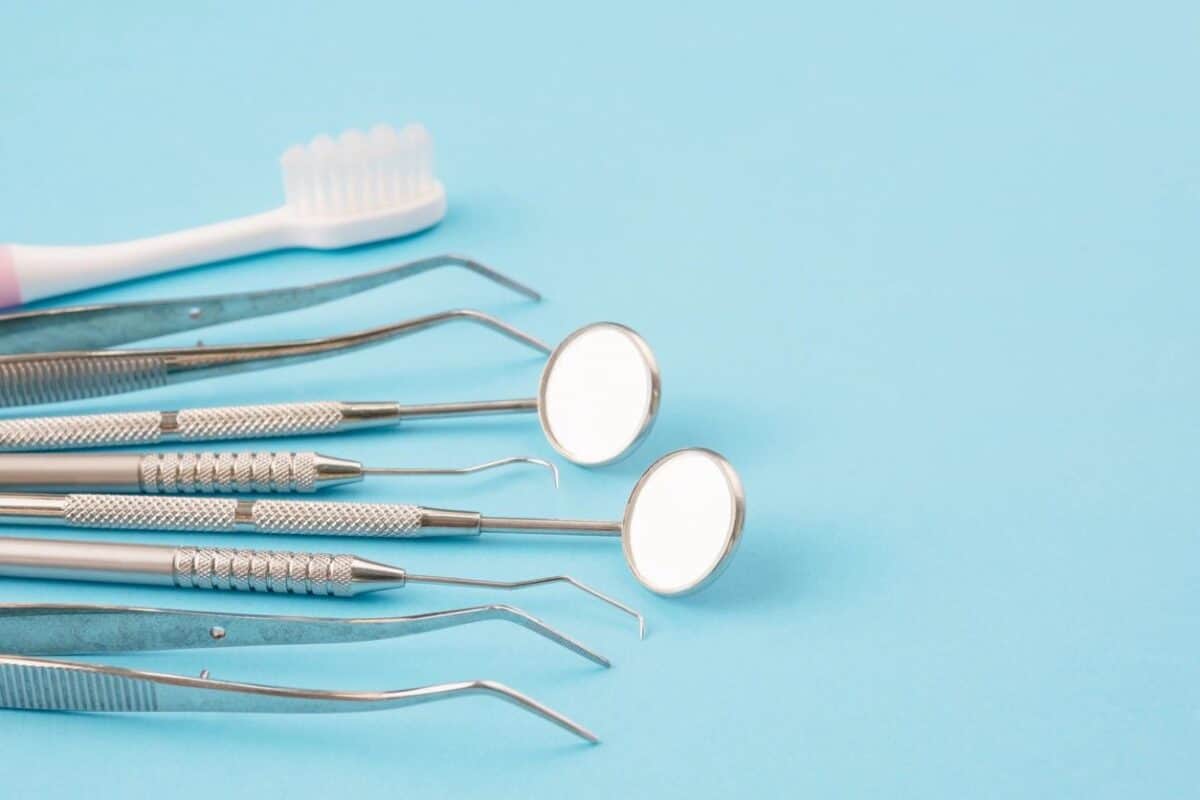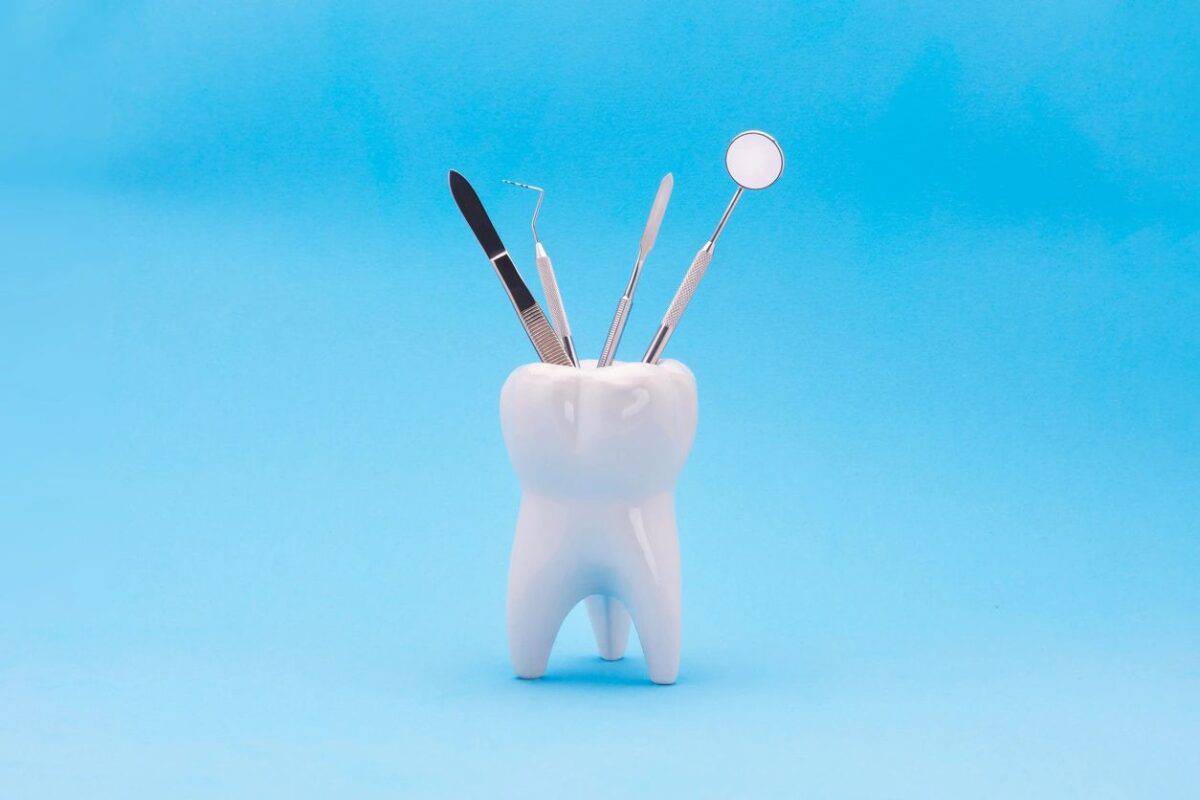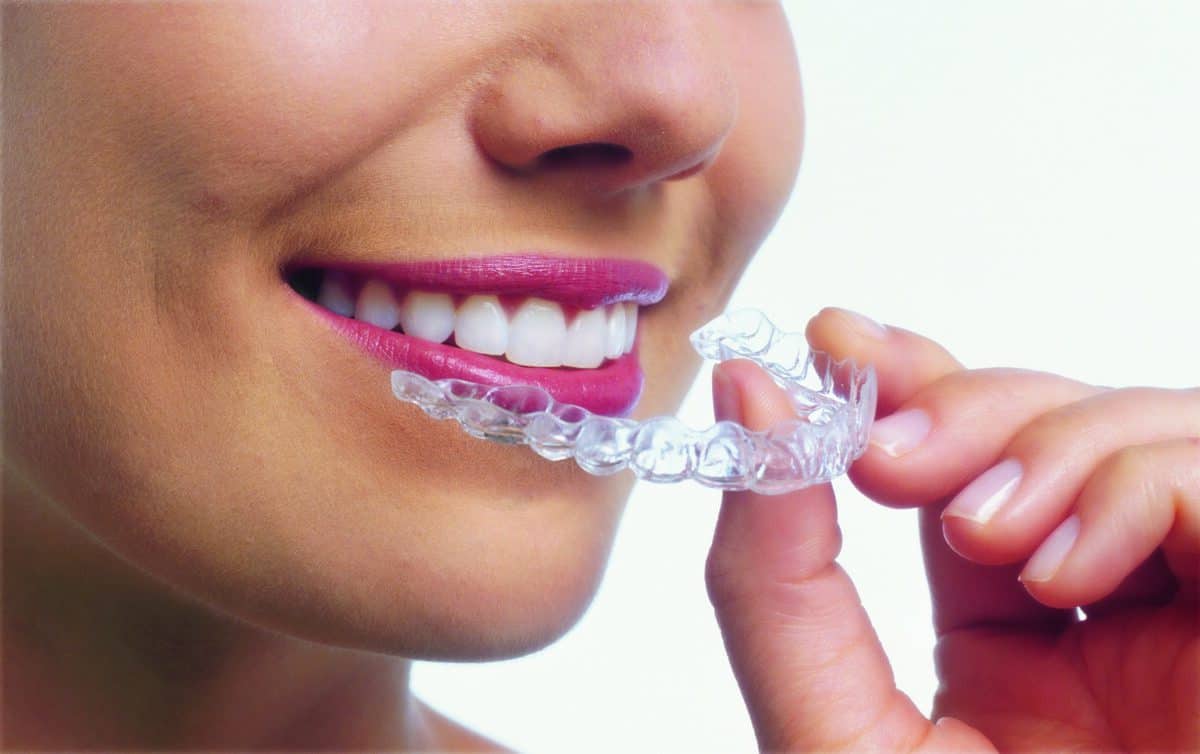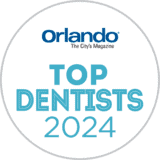It’s that day! The day when you or your child get’s their braces off. The excitement of straight teeth is quickly replaced by dismay as you see some white spots on the teeth. If this has happened to you, you’re not alone! White spots on teeth after braces is unfortunately a common problem. Don’t worry though, we’re here to discuss what causes them and how to prevent and fix them.
What are white spots?
These noticeable discolored areas of the tooth are actually decalcifications. This happens when the minerals that make up your teeth leach out, causing a white and chalky appearance.
What Causes Them?
There are several different reasons and ways teeth become demineralized. Some common ones are:
- Start of a Cavity: If plaque stays on the tooth surface, the acid produced by bacteria living in the plaque starts demineralizing the tooth. If the plaque is not removed it eventually will turn into a cavity. This leads to the white spots to start turning yellow and brown.
- Braces: If you or your child cannot brush well around the braces again plaque accumulation start those white spots formations.
- As a child too much or little fluoride, high fevers or medications (such as certain antibiotics) can cause the enamel not to be formed properly.
- During pregnancy lack of vitamins, sickness and certain medications can the teeth that are forming in the baby to become discolored.
How to prevent them?
Removing and reducing plaque and acidic environments in the mouth aid to stop the beginning of these spots, especially when having orthodontic treatment. This means brushing well with a fluoridated toothpaste as well as flossing regularly. A mouth rinse with fluoride also aids in the prevention of these white spots.
For tips on how much fluoride to use on your child, check out the American Dental Association’s recommended guidelines.
Treatment Options
There are several treatment options that often can be non-invasive for these unsightly spots. Some of these options are treating the teeth with fluoride to try to remineralize that soft tooth structure. Another option can be using a resin infiltrate, similar to a filling material, to help rebuild the missing tooth structure. If the white spots are severe, more invasive options may be necessary such as fillings or veneers.
Contact our office to request a consultation if you are dealing with white spots on your teeth!






